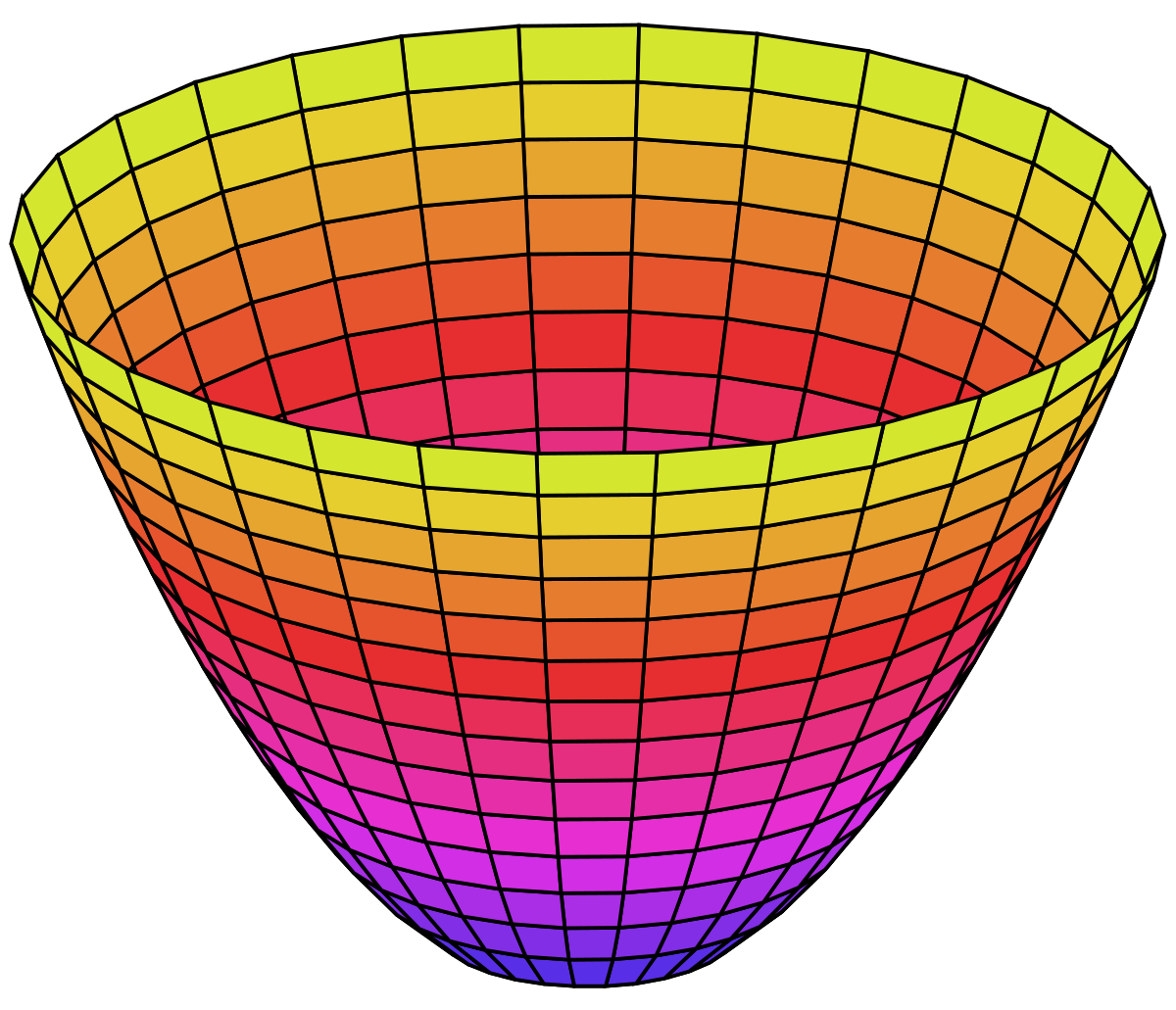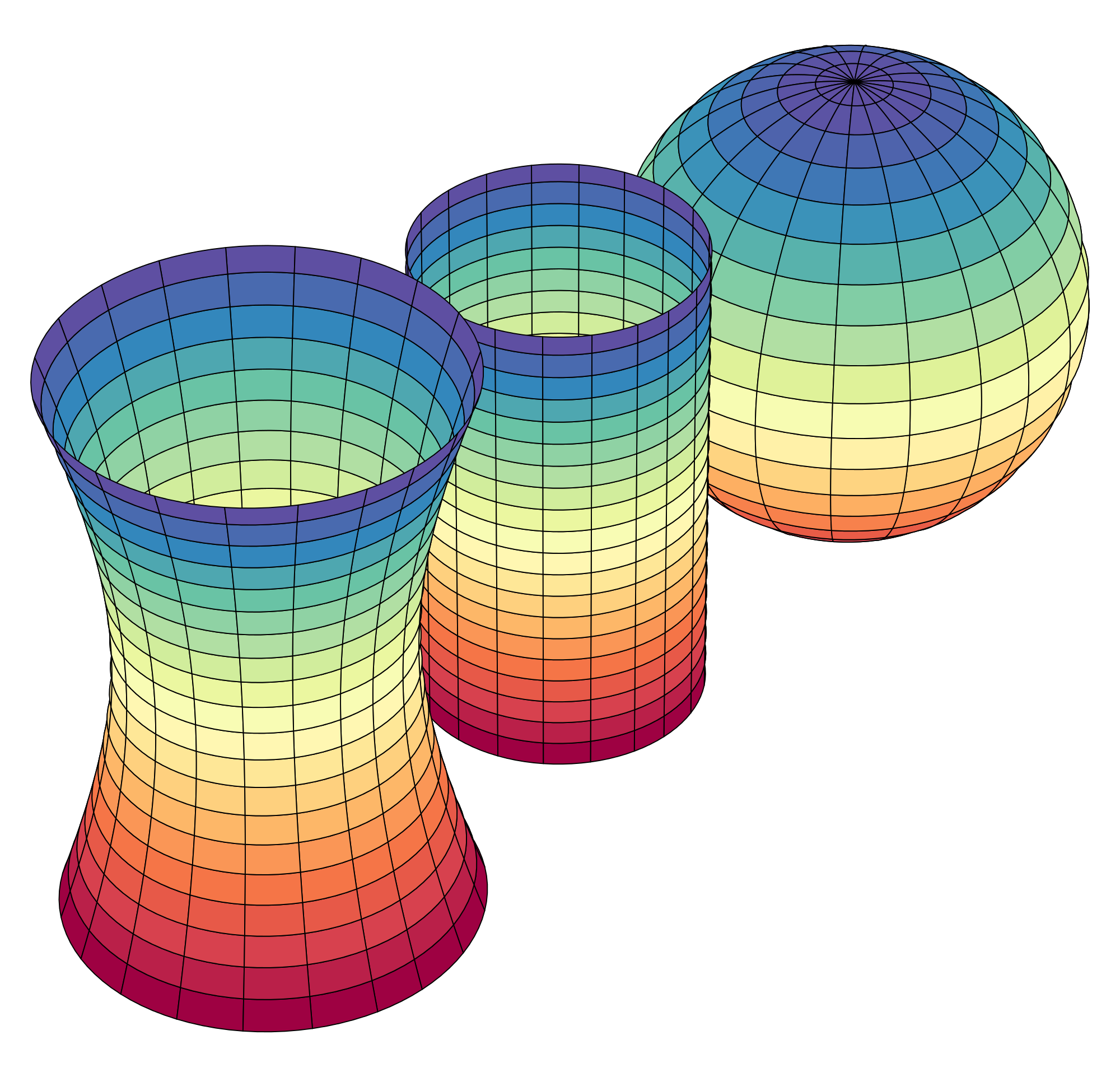Finite Math Online Course for Academic Credit
Finite Mathematics - DMAT 145 - is a common freshman course for business-oriented students to learn more mathematics for application to their business and economic degrees.
| Course Title: | Computational Finite Mathematics |
| Catalog Number: | DMAT 145 |
| Credits: | 3 Semester Credit Hours |
| Syllabus PDF: | PDF Syllabus for Computational Finite Mathematics |
| Delivery: | Fully Online, Asynchronous, Self-Paced |
| Click Here to Enroll in DMAT 145 - Computational Finite Mathematics | |
Completion of DMAT 145 - Computational Finite Mathematics - earns 3 academic credit semester hours with an official academic transcript from Roger Williams University, in Providence, Rhode Island, USA, which is regionally accredited by the New England Commission of Higher Education (NECHE), facilitating transfer of credits nationwide to other colleges and universities.
Roger Williams University Course Catalog Listing: DMAT 145 - Computational Finite Mathematics
Course: DMAT 145
Course Title: Computational Finite Mathematics
Transcript Course Title (30 Characters Max:): Comp Finite Math
Course Description: A single course on finite mathematics for business majors. Topics include linear equations, matrices, linear programming including geometrical and simplex methods, optimization, mathematics of finance, sets and counting, probability, markov chains, and game theory. [3 Semester Credits]
Prerequisite: Successful completion of 3 years high school mathematics (C- or higher) or instructor consent.
E-Textbook: Finite Math & LiveMath by Robert R. Curtis, Ph.D.
Applied Finite Mathematics by Rupinder Sekhon (Connexions)
Software: LiveMath
PDF Course Syllabus: Detailed Course Syllabus in PDF for DMAT 145 - Computational Finite Mathematics
DMAT 145 - Computational Finite Mathematics - Learning Outcomes
- 1. To identify, manipulate, and understand the core concept of functions
- 2. To understand and compute the key components of linear equations
- 3. To understand and compute matrix algebra and systems of linear equations
- 4. To understand and compute the concept of linear programming, and various methods of analysis
- 5. To study topics in Mathematics of Finance
- 6. To understand and compute set notation, analysis, and counting
- 7. To understand and compute the core topics of Probability and Sampling
- 8. To understand and compute with the Conditional Probaiblity formula
- 9. To understand and compute Markov Chains
- 10. To understand and compute the basics of Game Theory
DMAT 145 - Computational Finite Mathematics - Syllabus of Topics
1. Getting Started
1.1. Email and Chat
1.2. Learning About the Course
1.3 Required Hardware
1.4. Software Fundamentals
2. The Big Picture
2.1. Solving (easy) equations in 1 variable.
2.2. What if you can't solve for x?
2.3. Finding solutions numerically
2.4. Finding solutions graphically
2.5. Solving equations of more than 1 variable
3. Functions
3.1. Function notation
3.2. Data sets
3.3. Graphing functions
3.4. Data sets and smooth curves
3.5. Domain and Range
3.6. Algebraic combinations of functions
4. Linear Functions
4.1. Algebraic definition
4.2. Slope
4.3. Graphing linear functions by hand
4.4. Properties of linear functions
4.5. Linear data sets
4.6. Applications
5. Matrices
5.1. Connection to systems of linear equations
5.2. Matrix operations
5.3. Solutions of systems of linear equations
5.4. Matrix Inverses
5.5. Row Operations
5.6. Applications to Cryptography
5.7. Leontief Models
6. Linear Programming
6.1. Systems of Linear Inequalities
6.2. Feasibility
6.3. Minimization and Maximization
6.4. Geometry of Linear Programming
6.5. Simplex Method
7. Mathematics of Finance
7.1. Simple and Compound Interest
7.2. Present Value
7.3. Classification
7.4. Applications
8. Sets and Counting
8.1. Definitions
8.2. Tree Diagrams
8.3. Permutations
9. Probability
9.1. Sampling and Probability
9.2. Independence
9.3. Tree Diagrams and Combinations
9.4. Conditional Probability
9.5. Binomial Probability
9.6. Markov Chains
9.7. Game Theory
Distance Calculus - Student Reviews





Date Posted: Jan 13, 2020
Review by: Daniel Marasco
Courses Completed: Multivariable Calculus
Review: This course was more affordable than many, and the flexible format was terrific for me, as I am inclined to work very diligently on tasks on my own. It could be dangerous for a person who requires external discipline more, but it works well for self-starters, allowing you to prioritize when you have other pressing work. I was a full time teacher adding a math certification, and this course allowed me to master the math while working around my teaching schedule and fitting work into moments here and there when I had time. I was able to transfer the credits to Montana State University, Bozeman for my teaching internship program without a hitch. The instructors were all very helpful and patient, even when I failed to see a ridiculously simple solution on one problem after 20 emails back and forth. Overall, I was more pleased with my experience in this class than I was with any of my other 9 courses.
Transferred Credits to: Montana State University, Bozeman





Date Posted: Jan 12, 2020
Review by: Anonymous
Courses Completed: Calculus I
Review: This course is amazing! I took it as a requirement for admission to an MBA program, and couldn't have been happier with the quality and rigor of the course. I previously took calculus two times (at a public high school and then a large public university commonly cited as a "public ivy"), this course was by far the best and *finally* made the concepts click. Previously I had no idea what was going on because terrible PhD students were teaching the course and saying stuff like "a derivative is the slope of a tangent line" - ??? but what does that mean ???, but the instructors in the Shorter University course explain everything in ways where it FINALLY made sense (e.g., "imagine a roller coaster hitting the top of a hill, there's a moment where it shifts momentum and you're not accelerating or decelerating, that's what a 0 rate of change is - that's when the derivative would be zero"). They explain everything in multiple ways and relate it to other concepts. It all made perfect sense when I finally had a good instructor. Really recommend this class
Transferred Credits to: The Wharton School, UPenn





Date Posted: Jan 13, 2020
Review by: Janice Flores
Student Email: jflores35@knights.ucf.edu
Courses Completed: Calculus II
Review: I highly recommend this course! Dr. Curtis is the best teacher and is ALWAYS willing to work with you to make sure you understand the subject. It was definitely a positive experience and the credits were transferred to my University with no problems! I definitely do not regret it and I had doubts in the beginning but if I had to, I would do it all over again!
Transferred Credits to: University of Central Florida
 Freshman Math Courses
Freshman Math Courses
- Applied Calculus for Business [3 credits] [3CR]
- Applied Calculus for Life Science [3 credits] [3CR]
- Calculus I[4 credits] [4CR]
- Calculus II[4 credits] [4CR]
 Sophomore Math Courses
Sophomore Math Courses
- Multivariable Calculus III [4 credits] [4CR]
- Differential Equations [3 credits] [3CR]
- Linear Algebra [4 credits] [4CR]
- Probability Theory [3 credits] [3CR]
 Honors Math Courses
Honors Math Courses
- Honors Calculus I [5 credits] [5CR]
- Honors Calculus II [5 credits] [5CR]
- Honors Calculus I+II for Data Science [5 credits] [5CR]
- Honors Multivariable Calculus [5 credits] [5CR]
- Honors Differential Equations [4 credits] [4CR]
- Honors Linear Algebra [5 credits] [5CR]
- Honors Linear Algebra for Data Science [5 credits] [5CR]
 Lower Division Math Courses
Lower Division Math Courses
- Precalculus with Trigonometry [4 credits] [4CR]
- Introductory Statistics [4 credits] [4CR]
- Finite Mathematics [3 credits] [3CR]
- Discrete Mathematics [4 credits] [4CR]
 Upper Division Math Courses
Upper Division Math Courses
- Computational Abstract Algebra [4 credits] [4CR]
- Computational Differential Geometry [4 credits] [4CR]

